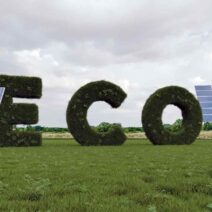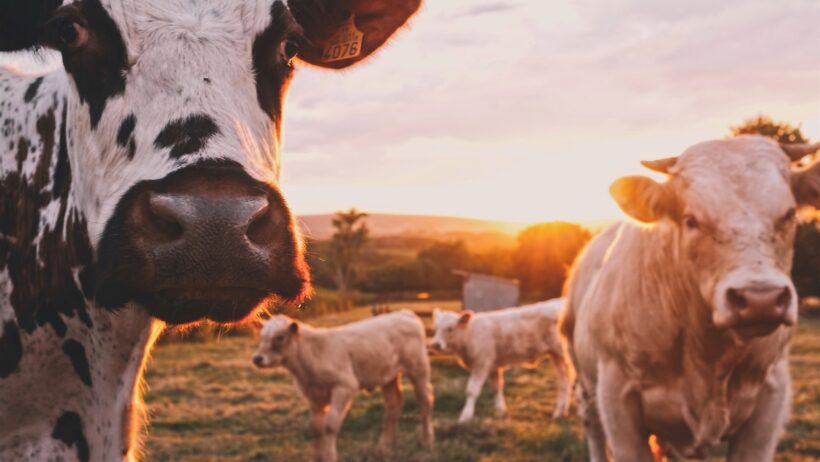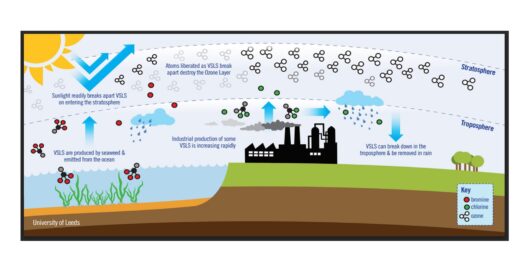In the grand theater of climate change, the stage is not only set by industries and fossil fuels but also by the dietary choices of individuals. The act of giving up meat, often viewed as a personal sacrifice or a dietary preference, emerges as a formidable player in the fight against global warming. The implications of this single alteration in lifestyle reverberate far beyond the dinner table, affecting the intricate web of environmental, economic, and social systems that sustain our planet.
To comprehend the potential impact of relinquishing meat from our diets, one must first delve into the agricultural practices that underpin livestock production. Animal husbandry, particularly in its industrial forms, resembles a meticulously choreographed ballet—but one that leaves devastation in its wake. The production of meat consumes gargantuan resources: vast expanses of land, prodigious quantities of water, and immeasurable amounts of feed. It is not merely about the animals themselves; it’s about the infrastructure that supports their existence. As forests are felled to create pastures or to grow feed crops, the resulting deforestation decimates habitats, releases long-stored carbon dioxide, and reduces the planet’s capacity to absorb atmospheric greenhouse gases.
The very symphony of life on Earth is disrupted. When one considers that livestock farming is responsible for nearly 14.5% of global greenhouse gas emissions, the need for dietary changes becomes palpably urgent. The sheer scale of methane produced by ruminants like cows, coupled with nitrous oxide emissions from manure, creates a noxious concoction that accelerates the warming of our atmosphere. In this light, choosing to forgo meat is akin to turning down the thermostat on a feverish planet, providing a much-needed respite from the relentless march of climate change.
Transitioning to a plant-based diet can yield remarkable benefits, both for the planet and for personal health. When individuals opt for fruits, vegetables, grains, and legumes instead of meat, they not only limit their carbon footprint but also contribute to soil health and biodiversity restoration. Each bite of a vibrant, plant-rich meal represents an investment in sustainable agriculture and a step toward reversing some of the damage wrought by conventional farming practices.
The charming allure of plant-based eating is not merely a passing trend; it can be likened to discovering a treasure trove of culinary richness. The world’s cuisines, laden with diverse flavors and textures, offer myriad options that are as satisfying as any meat-centered dish. Quinoa, lentils, chickpeas, and a cornucopia of vegetables serve as the building blocks of nutrition, presenting an opportunity to explore gastronomic traditions that prioritize health and environmental responsibility.
Moreover, the economic implications of reducing meat consumption are profound. By minimizing the demand for meat, consumers exert pressure on the market to shift towards sustainable practices and plant-based alternatives. An economy driven by the burgeoning plant-based sector fosters innovation, creating jobs and revitalizing rural landscapes that may have suffered from the decline of traditional animal farming. As individuals embrace this change, they contribute to a larger systemic shift that can alter the trajectory of climate change through structural transformation.
While the notion of veganism or vegetarianism may seem daunting to some, incremental changes can manifest substantial results. Yours can be a gradual journey, taking small yet significant steps—perhaps by participating in Meatless Mondays or exploring meat substitutes available in the marketplace. Each one of these choices acts as a subtle yet powerful statement, a declaration of one’s commitment to environmental stewardship.
However, the ultimate success of this dietary transition hinges on collective action and societal support. Government policies that incentivize sustainable agricultural practices, promote plant-based diets, and fund research into alternative proteins are essential components of this transition. Educational programs can equip individuals with the knowledge to navigate their dietary choices effectively, promoting awareness of the environmental and ethical ramifications of meat consumption.
It is imperative to acknowledge that giving up meat is not a panacea to the multifaceted crisis of climate change. It must be part of a broader suite of solutions that encompass energy transition, conservation efforts, and radical systemic changes in consumption patterns across various sectors. Yet, the sheer accessibility of dietary change underscores its unique appeal as a meaningful action that individuals can take. In an age where apathy can dominate, rethinking our plates can equip us with agency and purpose in the face of overwhelming challenges.
As we draw conclusions from this exploration, the metaphor of our collective meal becomes glaringly evident. Each person holds a fork; with every bite, we shape the world around us. The act of giving up meat is akin to sharing a communal dish, where the health of each participant influences the flavor of the whole and where individual choices ripple into the broader ecosystem. By choosing to forgo meat, we sow the seeds of change—nurturing a future that is not just palatable but sustainable, a world where the dining experience harmonizes with the health of the planet. In this journey, every meal becomes a statement, powerful enough to inspire change and forge a more harmonious relationship between humanity and the Earth.








